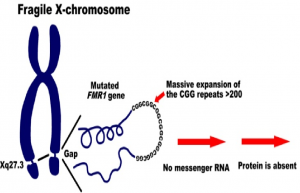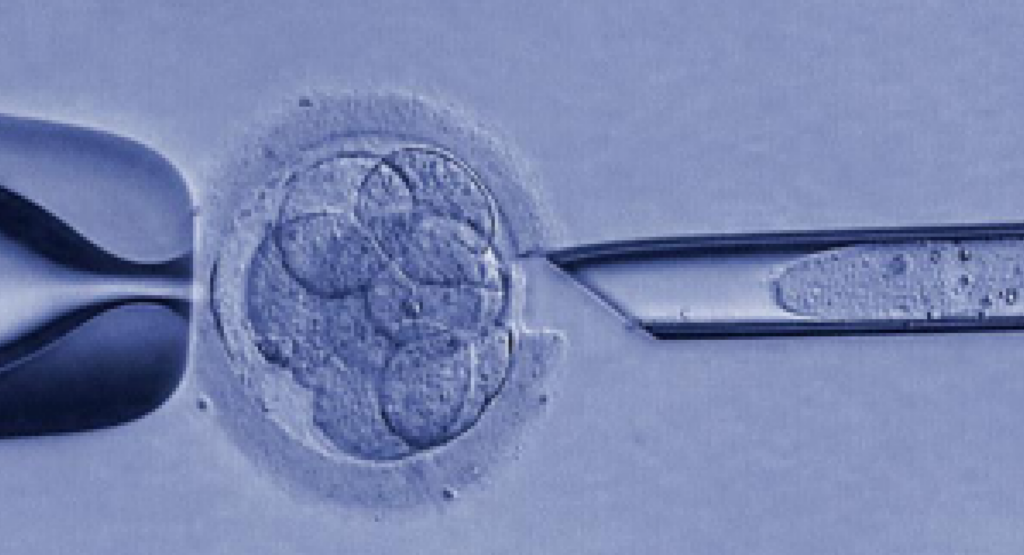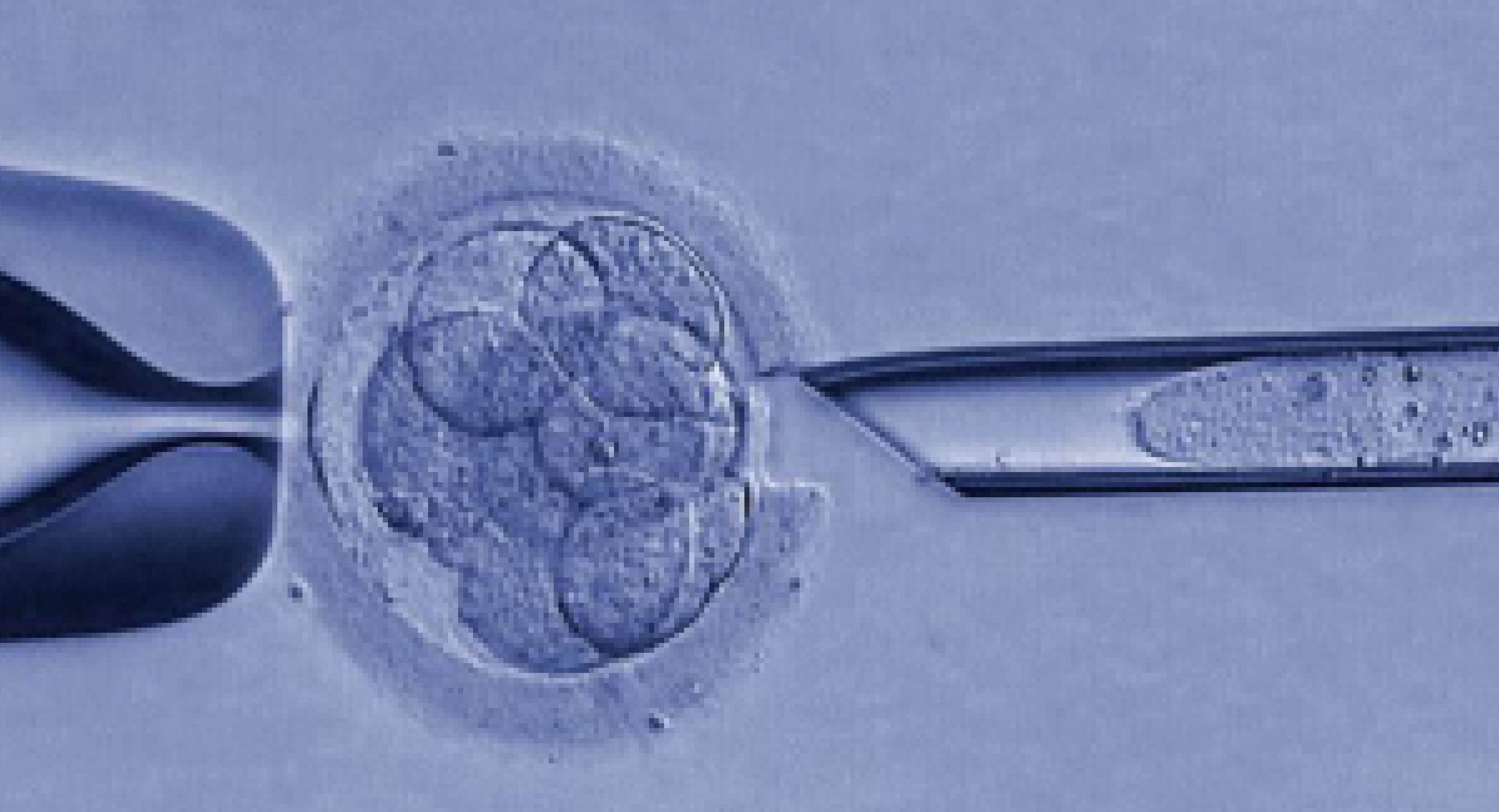Hearing impairment is one of the most common birth defects worldwide with the incidence of 1 in 500. In China, it has been estimated that over 27 million people are with hearing and speech disabilities. Of which more than 60% of these hearing impairment is caused by genetic factors.
Department of Obstetrics and Gynaecology pioneered hearing loss SNaPshot® genetic testing for screening of hearing impairment. This comprehensive hearing loss genetic test would help provide better medical service for the Hong Kong residents by expanding the detection list from four genes to 125 genes. By acquiring the genetic information, it will be not only translated to an improved ability to diagnosis of hearing loss patients themselves, but also carry out the prenatal diagnosis and preimplatation diagnosis for their families. It also helps medical planning and disease prognosis. Once genetic diagnosis confirmed on the phenotype-free family members, early intervention should be started for better social and academic adoption.
Except the above-mentioned hearing loss genetic test, Department of Obstetrics and Gynaecology also provides many other genetic testing or screening, include:
Fetal DNA Chip version 2.0

Postnatal DNA Chip

Fragile X Carrier Screening

Preimplantation Genetic Diagnosis / Screening (PGD/PGS)

